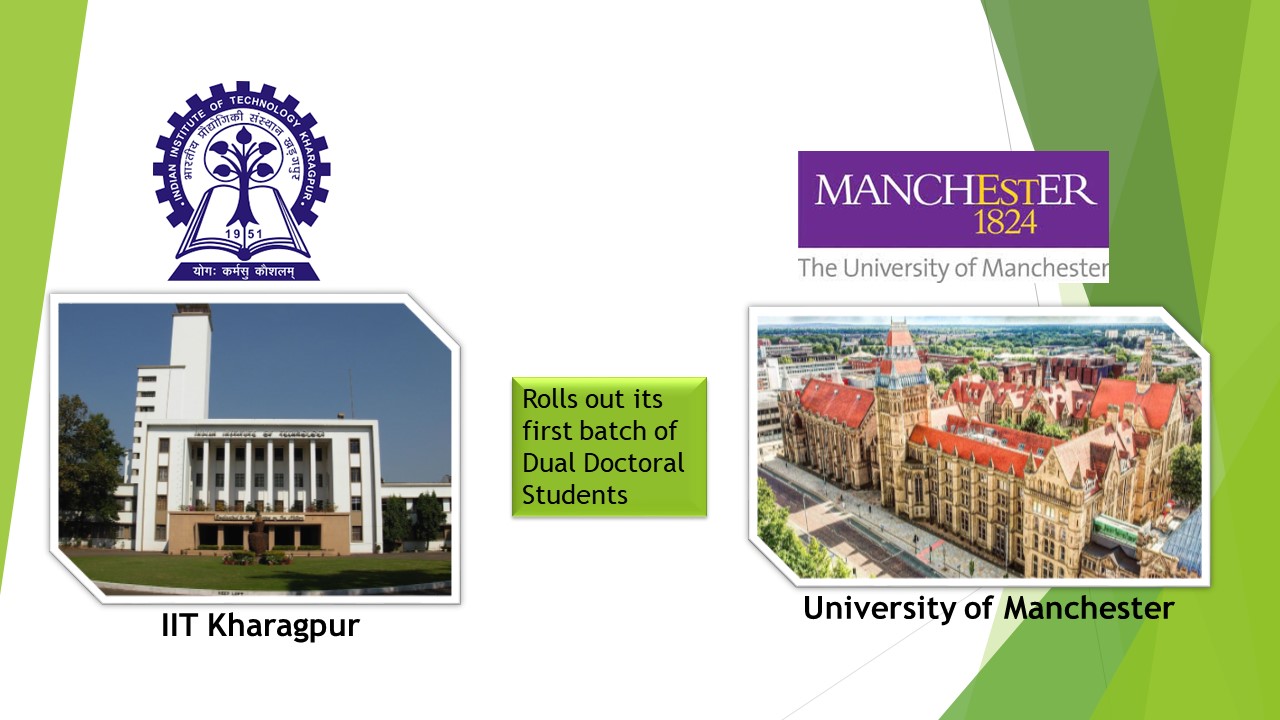
International Workshop on Biodiversity & Climate Change
We are the first generation to feel the impact of climate change and we are the last generation that can do something about it. We only get one home, one planet, there is no plan B. The climate has changed, we have changed, our tolerance and habits have changed. Biodiversity is our most valuable asset but least appreciated resource. Despite our many advances, our environment is still threatened by a range of problems including global climate change, energy dependency on unsustainable fossil fuels and loss of biodiversity. Therefore, there is a need to create an awareness about maintaining ecology among…

